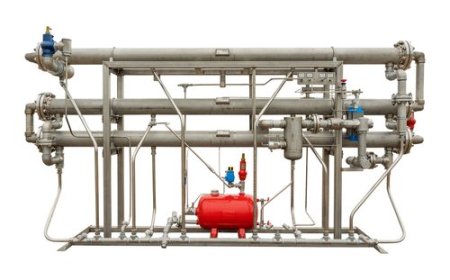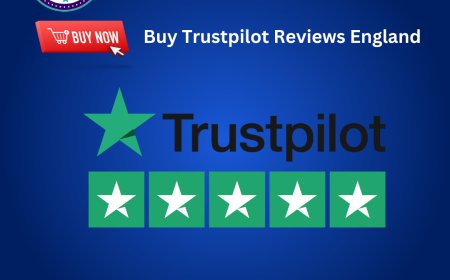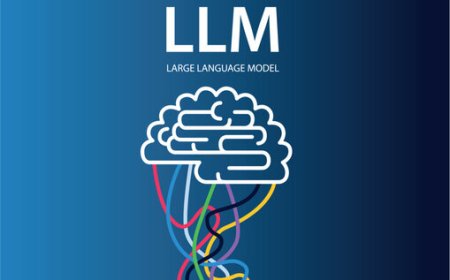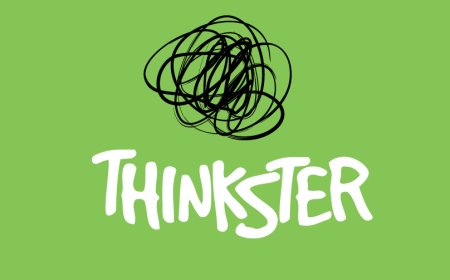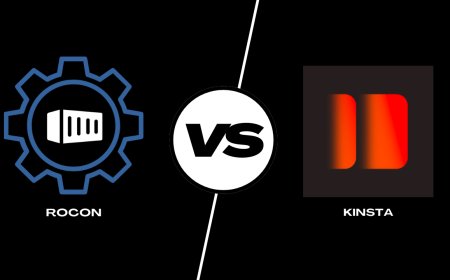The Importance of Addiction Recovery Centers and Substance Abuse Treatment in Healing Lives

Addiction is a chronic disease that affects millions of individuals and their families across the United States and around the world. Whether it's alcohol, prescription drugs, or illicit substances, addiction can take a devastating toll on a person's physical health, mental well-being, relationships, and overall quality of life. Fortunately, addiction recovery centers and substance abuse treatment programs play a vital role in helping individuals break free from the grip of addiction and reclaim their lives.
In this article, we will explore how addiction recovery centers work, the types of substance abuse treatment available, and why seeking professional help is the most effective path to long-term recovery.
Understanding Addiction: A Chronic Yet Treatable Disease
Before diving into the role of addiction recovery centers, it's important to understand what addiction is. Addiction is more than just a lack of willpower; it's a complex condition that alters the brain's chemistry, especially the parts responsible for decision-making, impulse control, and reward.
Substances like alcohol, opioids, cocaine, and methamphetamines cause changes in the brain that make it increasingly difficult for individuals to stop using on their own. Over time, addiction becomes both a psychological and physical dependency, making professional substance abuse treatment essential for recovery.
What Are Addiction Recovery Centers?
Addiction recovery centers are specialized facilities that provide a safe and structured environment for individuals seeking help for substance abuse. These centers offer a wide range of services tailored to meet the needs of individuals at various stages of recovery. Their core mission is to guide people through the process of detoxification, therapy, and reintegration into everyday life without reliance on drugs or alcohol.
Addiction recovery centers may vary in size, setting, and treatment philosophies, but they all aim to offer a supportive and healing atmosphere where individuals can focus on their recovery journey.
Key Components of Substance Abuse Treatment
Substance abuse treatment isnt a one-size-fits-all solution. Effective treatment plans are individualized and often include a combination of medical, psychological, and holistic therapies. Below are the primary components of most substance abuse treatment programs:
1. Detoxification
Detox is the first step in many recovery programs. This process allows the body to rid itself of the addictive substance under medical supervision. Withdrawal symptoms can be uncomfortable and, in some cases, life-threatening, so it's essential that detox be carried out in a professional setting such as an addiction recovery center.
2. Inpatient (Residential) Treatment
Inpatient treatment programs offer round-the-clock care in a structured environment. Patients live at the facility and participate in a daily schedule that includes individual therapy, group counseling, educational sessions, and recreational activities. Inpatient care is ideal for those with severe addiction or a history of relapse.
3. Outpatient Treatment
Outpatient programs are less intensive and allow individuals to live at home while attending scheduled therapy sessions. These programs are best suited for those with mild addiction, a strong support system, and stable living conditions. Outpatient care can be a step-down option after completing inpatient treatment.
4. Behavioral Therapy
Cognitive Behavioral Therapy (CBT), Dialectical Behavior Therapy (DBT), and Motivational Interviewing are just a few examples of evidence-based approaches used in substance abuse treatment. These therapies help individuals understand the root causes of their addiction and develop healthier coping mechanisms.
5. Medication-Assisted Treatment (MAT)
In cases of opioid or alcohol addiction, medications such as methadone, buprenorphine, or naltrexone may be used to reduce cravings and manage withdrawal symptoms. MAT is most effective when combined with counseling and behavioral therapy.
6. Aftercare and Support Services
Recovery doesnt end when a person leaves the addiction recovery center. Aftercare servicessuch as sober living homes, relapse prevention groups, and alumni programsare critical for maintaining long-term sobriety.
Benefits of Addiction Recovery Centers
Addiction recovery centers offer numerous benefits that make them an essential part of the healing process for individuals battling substance abuse.
Safe and Supportive Environment
Being in a drug-free, structured environment reduces the risk of relapse and helps individuals focus solely on recovery without outside distractions or triggers.
Access to Professional Care
Addiction recovery centers employ a multidisciplinary team of doctors, therapists, counselors, and support staff. These professionals work together to create personalized treatment plans that address both the physical and psychological aspects of addiction.
Peer Support
One of the most powerful aspects of treatment in recovery centers is the opportunity to connect with others facing similar struggles. Group therapy and shared experiences foster a sense of community and mutual encouragement.
Holistic Healing
Many addiction recovery centers incorporate holistic therapies such as yoga, meditation, art therapy, and nutrition counseling. These activities support emotional healing and contribute to overall well-being.
The Importance of Seeking Help
One of the greatest challenges in addressing substance abuse is overcoming the stigma that surrounds addiction. Many individuals suffer in silence out of fear, shame, or denial. However, addiction is a medical condition, and like any other health issue, it requires professional intervention.
Addiction recovery centers and substance abuse treatment programs are equipped to handle the complexities of addiction and guide individuals toward a healthier future. Early intervention can prevent serious consequences and significantly increase the chances of long-term success.
How to Choose the Right Recovery Center
With so many options available, choosing the right addiction recovery center can feel overwhelming. Here are a few tips to help in the decision-making process:
- Accreditation and Licensing: Ensure the facility is accredited by reputable organizations and staffed with licensed professionals.
- Treatment Philosophy: Look for centers that offer evidence-based practices and individualized care.
- Range of Services: A good center should provide detox, therapy, relapse prevention, and aftercare.
- Family Involvement: Programs that include family therapy can strengthen support systems and improve outcomes.
- Reviews and Testimonials: Reading feedback from former patients can offer valuable insights into the centers effectiveness.
Final Thoughts
Addiction recovery centers and substance abuse treatment programs are beacons of hope for those struggling with addiction. They provide the structure, support, and professional care necessary to heal and rebuild lives. Whether you or a loved one is facing the challenges of substance abuse, remember that help is availableand recovery is possible.
If you're ready to take the first step toward a healthier, addiction-free life, consider reaching out to a reputable addiction recovery center today. With the right treatment and support, lasting recovery is within reach.










